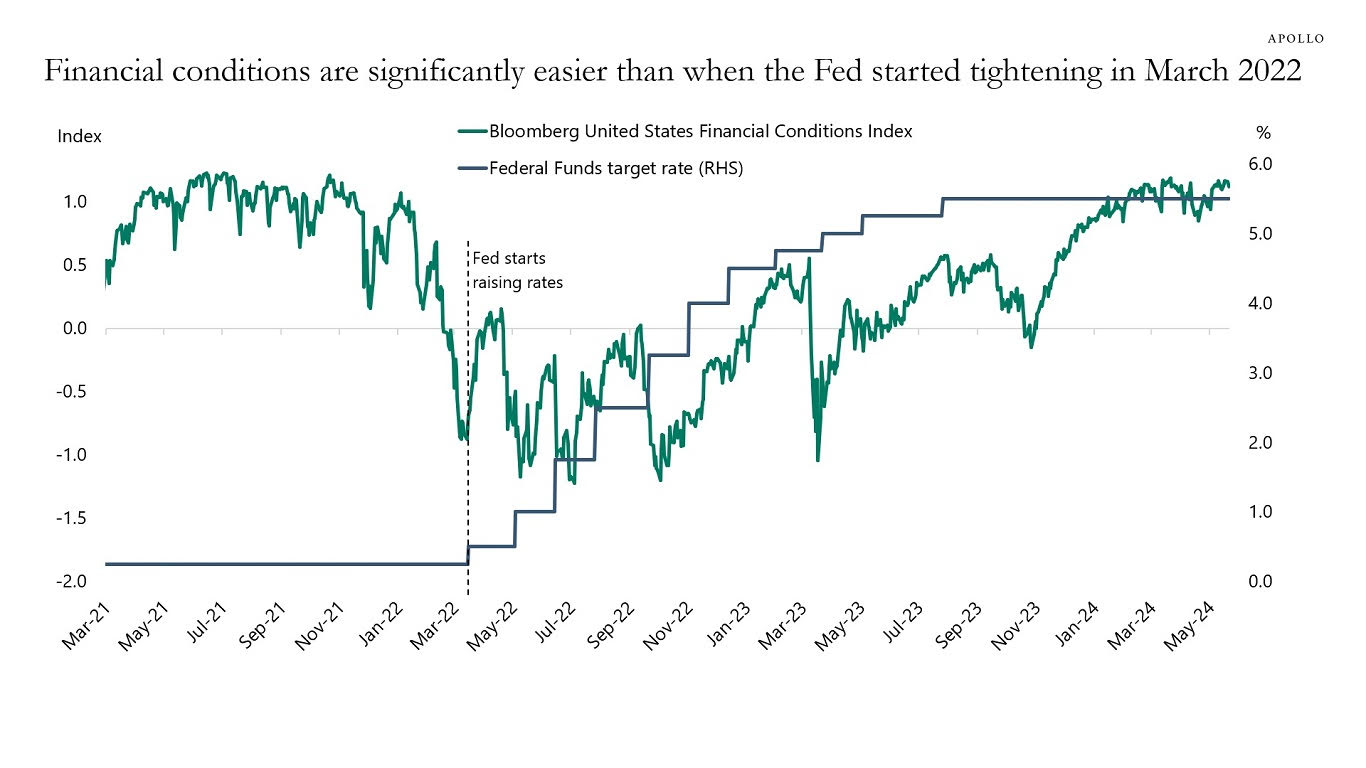The weekend is here! Pour yourself a mug of coffee, grab a seat outside, and get ready for our longer-form weekend reads:
• How Rage, Boredom and WallStreetBets Created a New Generation of Young American Traders: WallStreetBets, the bizarre and often offensive message board that Rogozinski started on Reddit, would eventually come to occupy a key position at the center of a movement that turned millions of young Americans into investors and traders. The world got its most recent reminder of this community in May, when some of its members briefly sent the stock price of GameStop soaring almost 500% over two weeks. (from Nathaniel Popper’s forthcoming The Trolls of Wall Street). (Businessweek)
• What went wrong with capitalism: America has become unhealthily dependent on loose money and big government, argues Ruchir Sharma. (Financial Times)
• Survival is the ultimate performance measure of a business: Companies that can harness the full potential of human capital can build nimble, sustainable organizations that are hard to replicate. Most intelligent fanatics overcame difficult industry and competitive challenges. Like shapeshifters, these great organizations maneuvered quickly as they grew and as the markets in which they competed changed. They accomplished this feat by getting extraordinary results out of ordinary people. (Micro Cap Club)
• How a Profane Joke on Twitter Spawned a Legal Army: A litigation team built from the sharpest, funniest tweeters is suing Elon Musk. (New York Times)
• Spots, stripes and more: Working out the logic of animal patterns: More than 70 years ago, mathematician Alan Turing proposed a mechanism that explained how patterns could emerge from bland uniformity. Scientists are still using his model — and adding new twists — to gain a deeper understanding of animal markings. (Knowable Magazine)
• The Bulwark: How could it be wrong when it feels so center-right? Republican apostates have built a safe harbor for anti-MAGA centrists — and anyone else who wants to feel less lonely in the middle. (Washington Post)
• The Complex Social Lives of Viruses: New research has uncovered a social world full of cheating, cooperation, and other intrigues, suggesting that viruses make sense only as members of a community. (Wired)
• 50 things I know. I know that talent doesn’t feel like you’re amazing. It feels like the difficulties that trouble others are mysteriously absent in your case. Don’t ask yourself where your true gifts lie. Ask what other people seem weirdly bad at. (Sasha’s ‘Newsletter’)
• ‘Thank you for my life’: Bill Walton’s colleagues share their favorite memories: The amazing thing about Bill Walton is that he led multiple lives. Most of us lead only one. Walton was an American original, the rare figure worthy of a documentary. He was, in no particular order, a legendary college basketball player for UCLA, an activist arrested for protesting the Vietnam War, an NBA champion for the Portland Trail Blazers, a fantastic backup to Robert Parish and Kevin McHale on the champion 1986 Boston Celtics, the father of four college basketball players and one NBA champion, a polarizing broadcaster who overcame a stutter to work for multiple decades, a tie-dye wearing Deadhead who loved Bob Dylan and Neil Young, and eventually, a cult figure for ESPN and the Pac-12 Network. (The Athletic)
• Inside Kevin Costner’s $38 Million Horizon Gamble: He put up his own money—and property—to make a grand western epic. Now, Costner reveals what’s at stake with Horizon, and why he had to leave Yellowstone to make it. (GQ)
Be sure to check out our Masters in Business this week with Jeffrey Sherman, Deputy CIO at DoubleLine Capital, which manages over $100 billion in mostly fixed-income assets. He helps to oversee DoubleLine’s investment management committee implementing policies & processes, He is a member of DoubleLine’s executive management and fixed income asset allocation committee. He also serves as the lead portfolio manager for multi-sector & derivative-based strategies. His podcast is “The Sherman Show.”
Financial conditions are significantly easier than when the Fed started raising interest rates in March 2022

Source: Apollo
Sign up for our reads-only mailing list here.
~~~
To learn how these reads are assembled each day, please see this.

